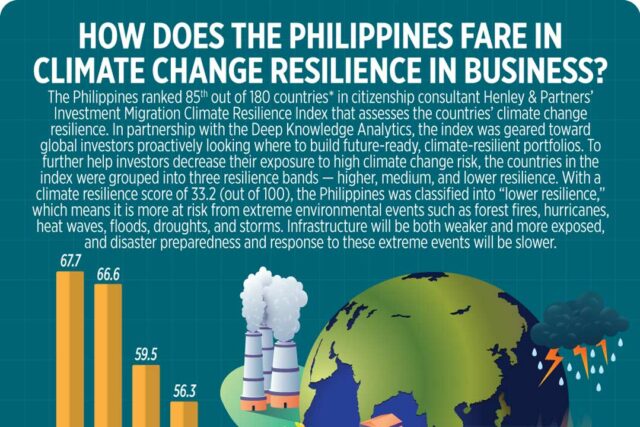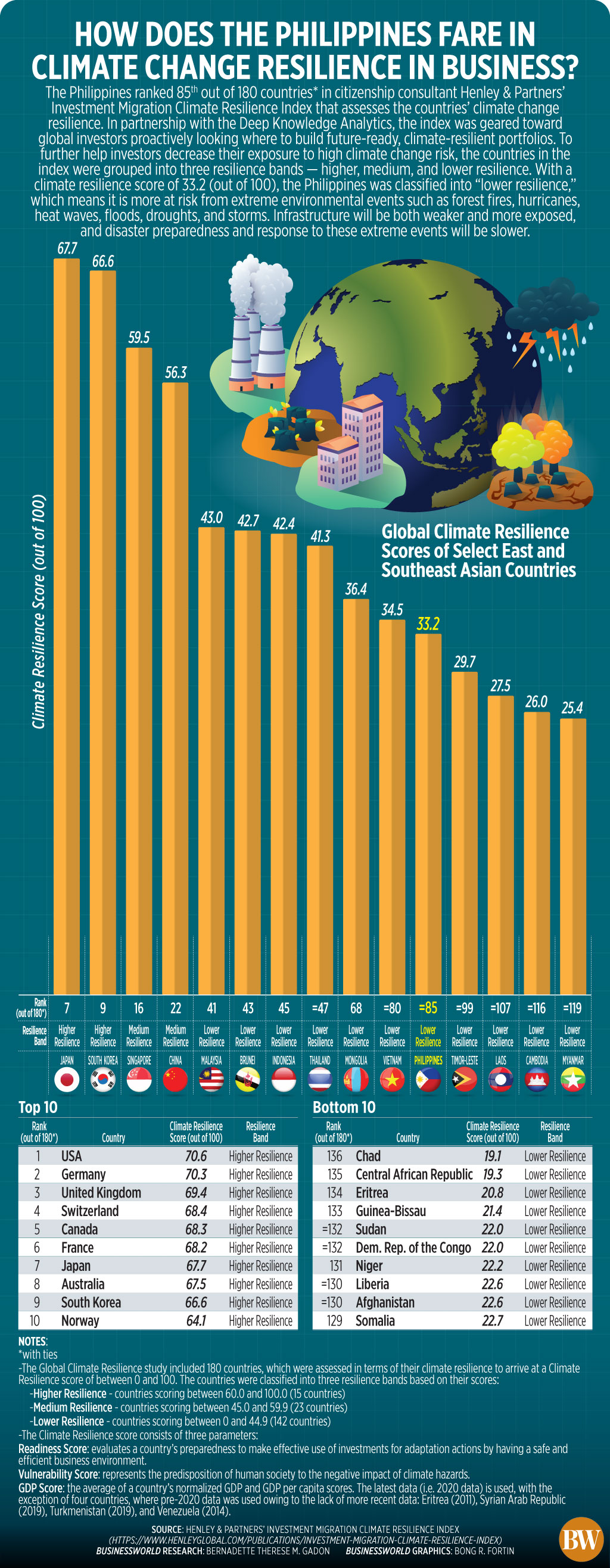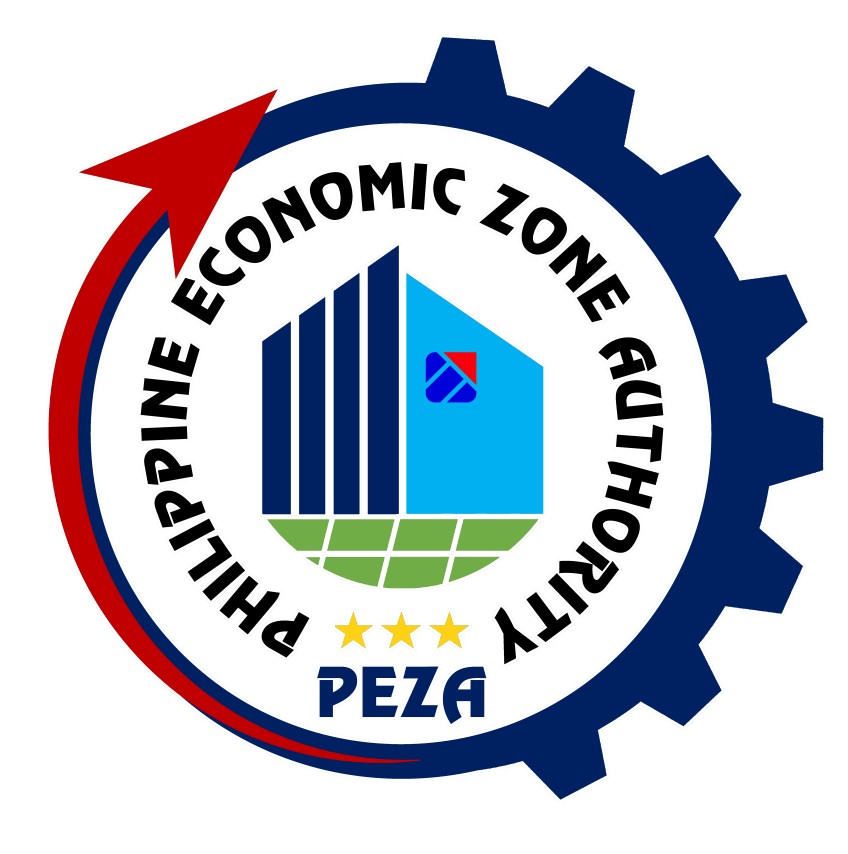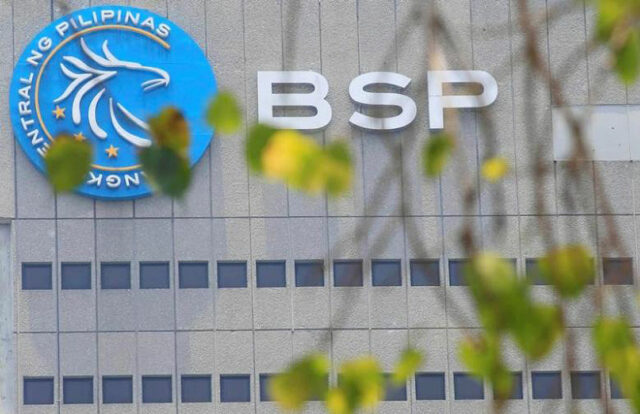THE central bank will ensure that its exit from an accommodative policy, taken to support the economy during the pandemic, will be balanced in order to address both inflation risks and the need to shore up growth, Bangko Sentral ng Pilipinas (BSP) Governor Benjamin E. Diokno said.
“In deciding on its exit strategy, the BSP will continue to aim for a balance between providing adequate stimulus to fuel the momentum of the economic recovery while preventing the buildup of inflationary pressures and risk to the soundness of the financial system,” Mr. Diokno said in a virtual Asian Development Bank Institute forum on Friday.
The Monetary Board decided to raise policy rates by 25 basis points (bps) to 2.25%.
At the same time, the BSP revised upward its average inflation forecast for 2022 to 4.6% from the previous 4.3%, exceeding the 2%-4% target band. For 2023, the central bank’s inflation forecast inched up to 3.9% from 3.6% previously.
The start of the BSP’s tightening cycle came a week after the release of data showing gross domestic product (GDP) expanded by a better-than-expected 8.3% in the first quarter.
The BSP will ensure that its exit strategy will be gradual, well-communicated, and outcome-based, Mr. Diokno said.
“The BSP will commit to exit when it begins to see evidence of sustainable recovery and/or increasing risks to inflation. And we have started our exit as of yesterday,” he added.
Analysts said that the BSP could have raised rates earlier.
Former BSP Deputy Governor Diwa C. Guinigundo, while welcoming the rate hike, said an earlier move could have produced a more gradual normalization of monetary policy.
“After all, even (with a) 50 bps ‘tightening’ it is still in an accommodative mode. That would have brought the policy rate to only 3.0% while their new inflation forecasts are now 4.6% this year and 3.9% next year,” Mr. Guinigundo said in a Viber message.
“These numbers are simply saying we either failed to arrest it on time, or the inflation pressures beyond our control were just too great,” he added.
Mr. Guinigundo also said that manifestations of second-round effects coming from high oil prices could have encouraged the central bank to take an early action.
UnionBank of the Philippines, Inc. Chief Economist Ruben Carlo O. Asuncion said the rate hike is already late from the perspective of market participants.
“References rates for the benchmark 10-year security have already risen… more than 150 bps since the beginning of 2022. This number is indicative of what the market thinks where rates should already be,” Mr. Asuncion said in an e-mail.
However, Mr. Asuncion noted that the central bank had to ensure its accommodative policy gained solid traction before making its decision.
“The BSP is a careful central bank and it will always be guided by data and corresponding consequences on future inflation,” Mr. Guinigundo said.
“But there is such a thing as economically logical inference of how recent readings of key variables could (influence) inflation and the output gap,” he added.
Security Bank Corp. Chief Economist Robert Dan J. Roces said the policy move signals how inflation is becoming more threatening,.
“I think the action is timely; second-round effects including higher-than-expected wage hikes and transport fare increase petitions provide upsides to the inflation view, and therefore the policy move is expected to strike a balance between supporting the growth recovery and shielding consumption from the threat of inflation,” Mr. Roces said in a Viber message.
Mr. Guinigundo said the new monetary stance may continue until there is a turnaround in the inflation forecast.
“How much more aggressive or tempered, will be driven by both inflation and output’s leading indicators and actual monthly inflation as well as the second quarter GDP,” Mr. Guinigundo said.
“On top of that, the market will have to be convinced the monetary authorities are serious in preventing a price surge which unfortunately we seem to have been seeing in the last few months,” he added.
PROVISIONAL DIRECT ADVANCES
Separately, the National Government settled the P300-billion zero-interest loan it had obtained from the BSP on Friday.
The provisional direct advances were originally set to mature on June 11.
Provisional advances are permitted under the law and were “deemed to be an extraordinary measure for extraordinary times,” Mr. Asuncion said.
But according to Mr. Guinigundo, prolonging these provisional direct advances to the National Government could “affect the perception of BSP’s independence.”
He said central banks which are perceived to be more independent have been found to be more effective in inflation management.
“The BSP’s reputation took years to build; it might be worthwhile to preserve it if only to ensure its success in delivering on its key mandate of promoting price and financial stability consistent with sustainable economic growth,” he added.
The BSP’s next policy review is on June 23. — Keisha B. Ta-asan











 THE PLAN to inspect economic zone locators for compliance with the government’s on-site work order could inject an element of uncertainty among investors in the Information Technology-Business Process Management (IT-BPM) industry, the Philippine Economic Zone Authority (PEZA) said.
THE PLAN to inspect economic zone locators for compliance with the government’s on-site work order could inject an element of uncertainty among investors in the Information Technology-Business Process Management (IT-BPM) industry, the Philippine Economic Zone Authority (PEZA) said.

